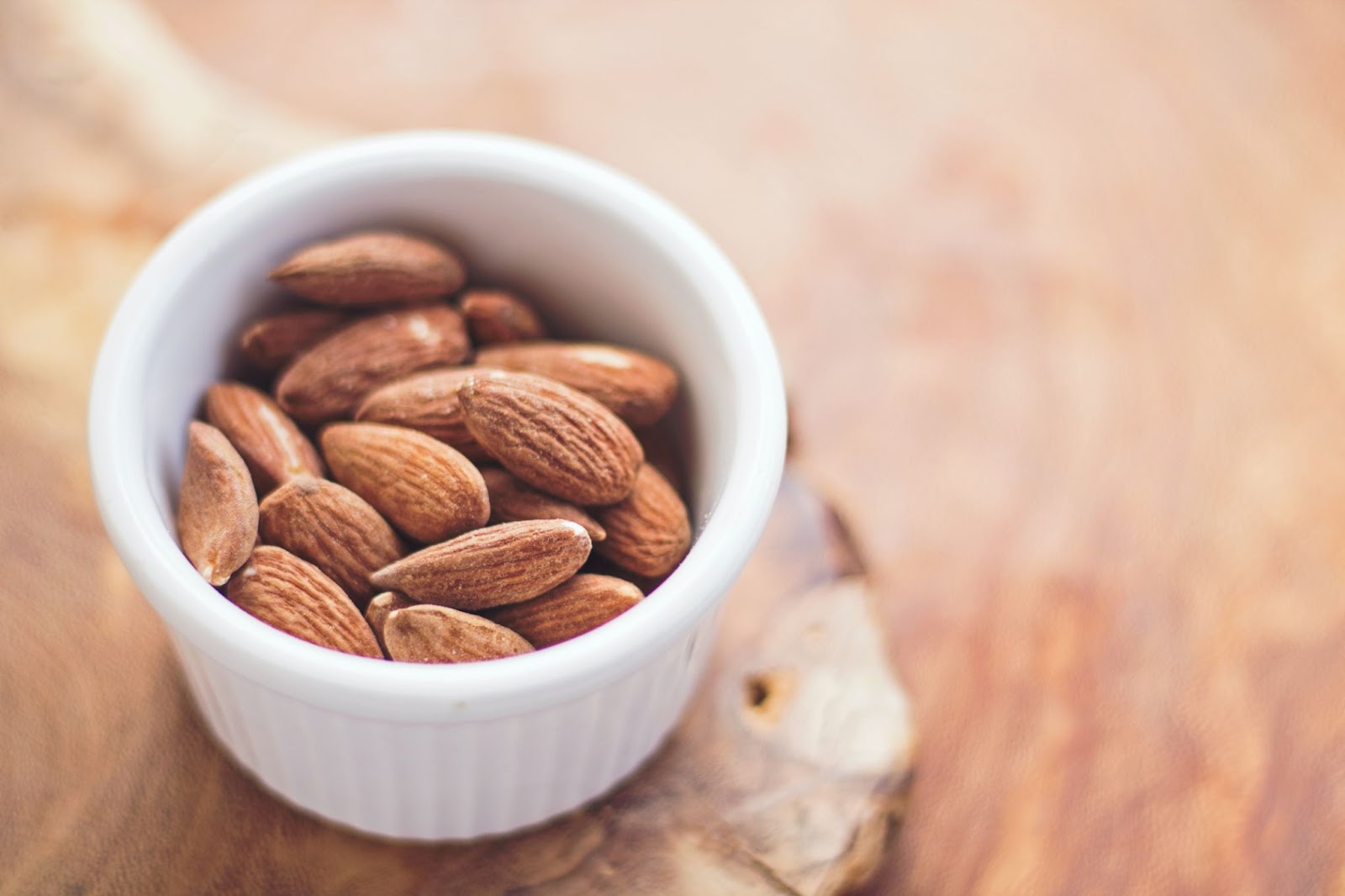The connection between what we eat and our overall health is undeniable, and in this article, we will delve into the specific ways in which food can impact our brains and body.
From the role of different macronutrients in brain function and mood to the link between certain foods and cognitive disorders such as dementia and Alzheimer's disease, we will cover a wide range of topics.
Additionally, we will discuss the impact of food on daily lifestyle and provide some actionable advice for readers on how to optimize their diet for optimal brain and body health.
The Brain and Food: A Delicious Connection
Our brains are the command center of our bodies, controlling everything from our movements to our thoughts and emotions. And, like all other parts of our body, they need the right fuel to function at their best. The food we eat can profoundly impact our cognitive function and mood, and we're here to explore the delicious ways in which it does so.
The food you eat can either be the safest and most powerful form of medicine or the slowest form of poison." - Ann Wigmore
When it comes to macronutrients, carbohydrates, fats, and proteins play a vital role in keeping our brain healthy. Carbohydrates, for instance, can help boost our mood by increasing the production of serotonin, the feel-good chemical. Fats, particularly omega-3 fatty acids, are crucial for brain development and function, while proteins are essential in the creation of neurotransmitters, the chemicals that transmit signals in the brain.
But it's not just about what we eat; it's also about what we avoid. A diet high in saturated fats and processed foods has been linked to cognitive disorders such as dementia and Alzheimer's disease. On the other hand, a diet rich in fruits, vegetables, and omega-3 fatty acids may help to protect against them. So, next time you reach for that bag of chips, remember that your brain will thank you for choosing a handful of nuts instead.
The Body and Food: A Nutritional Symphony

Food plays a crucial role in maintaining overall health and preventing chronic diseases. The right nutrition can help keep our body in tip-top shape, while a poor diet can lead to a host of health issues.
First and foremost, the role of nutrition in maintaining overall health cannot be overstated. Eating a balanced diet that includes a variety of fruits, vegetables, whole grains, and lean proteins can help to provide the essential vitamins and minerals our body needs to function properly. This can help to prevent chronic diseases such as obesity, diabetes, and heart disease.
Again it's not just about what we eat; it's also about what we avoid. Certain foods have been linked to specific health conditions. For example, a diet high in saturated fats has been linked to an increased risk of heart disease. Processed foods, on the other hand, have been linked to obesity and diabetes. By choosing whole foods and avoiding processed foods, we can help to keep our bodies in check.
Food and Mental Health: A Delicious Relationship

Our mental health is just as important as our physical health, and the food we eat plays a crucial role in maintaining both. The relationship between food and mental health is delicate, and understanding it can help us keep our minds in top shape.
When it comes to our mental health, the impact of diet cannot be overstated. Eating a balanced diet that includes a variety of fruits, vegetables, whole grains, and lean proteins can help to provide the essential nutrients our brain needs to function properly. This can help to prevent conditions such as depression, anxiety, and stress.
Conclusion
To sum up, the food we consume is the fuel that keeps our body and mind running smoothly. Here are a few things to keep in mind:
- Include a variety of fruits, vegetables, whole grains, and lean proteins
- Avoid processed foods and saturated fats
- Include omega-3-rich foods
- Provides essential nutrients for optimal brain and body function
- Achieve a balanced diet for optimal wellness.
But, just like a gourmet meal, everyone's nutritional needs are unique and personal. So, before making any drastic changes to your diet, it's always best to consult with a healthcare professional or a dietitian to determine what specific dietary changes would be best for you.
In the end, let's remember that food is not just about sustenance; it's also about pleasure. By making mindful food choices, we can nourish our body and soul. So, let's savor every bite and enjoy the delicious symphony of health food offers.

.jpg)




.png)









